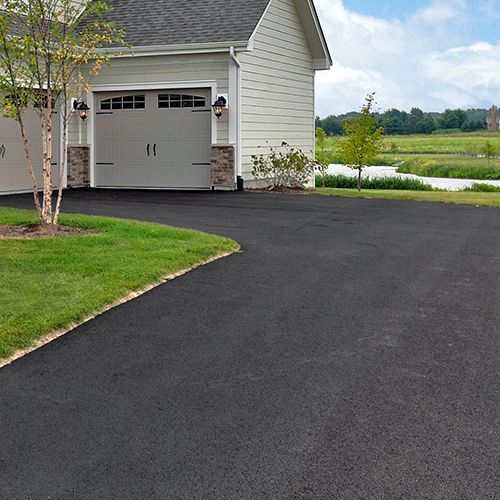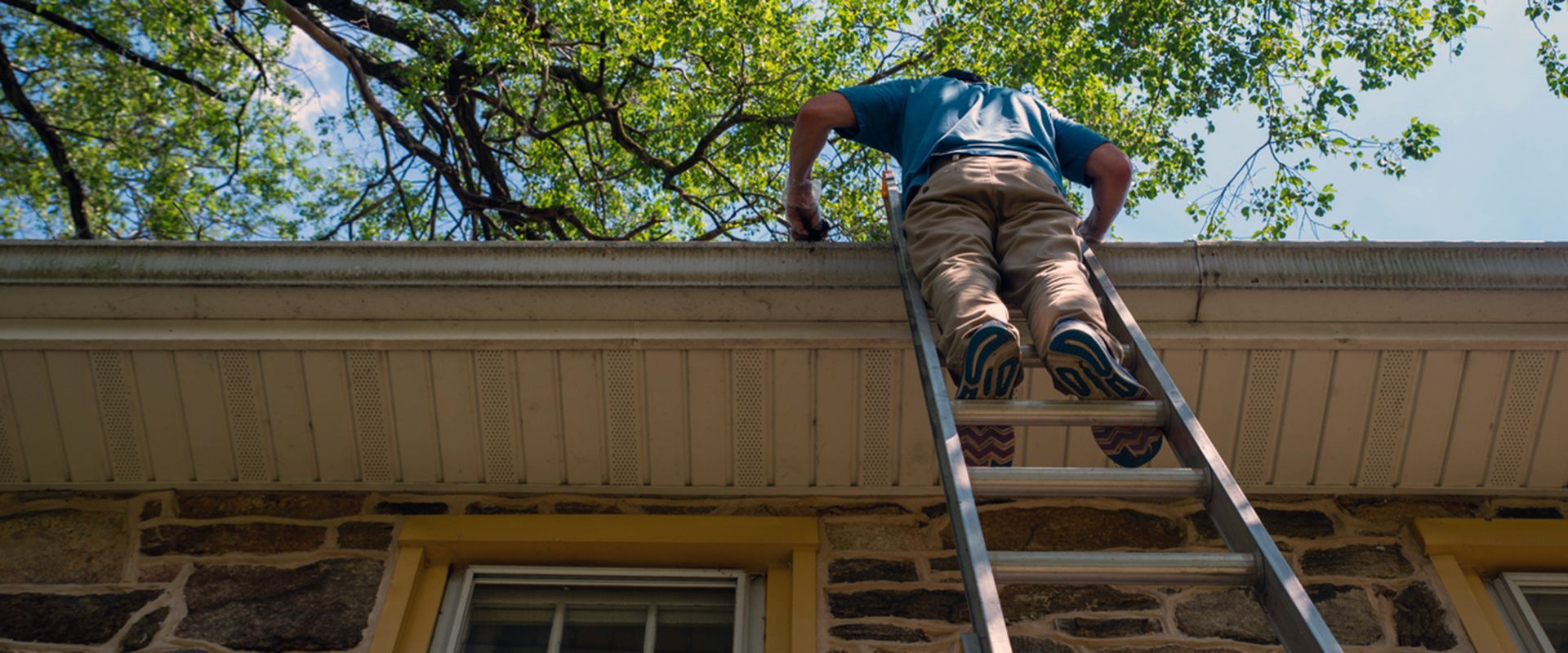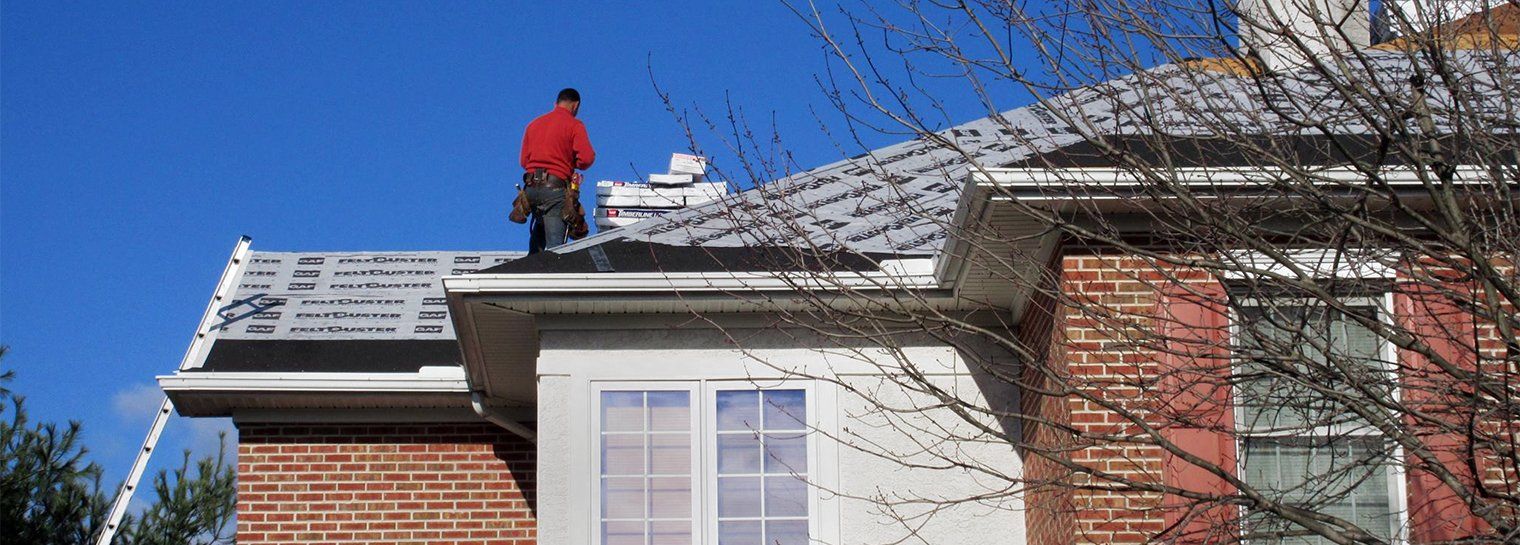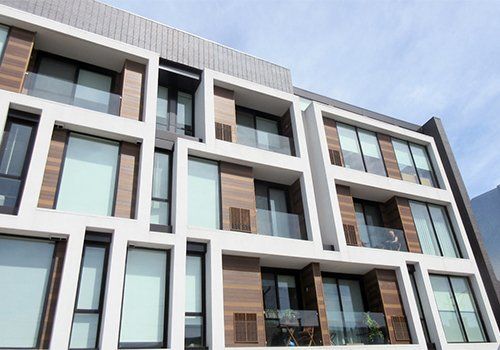Navigating Residential Construction Permits
A Guide to Understanding the Permitting Process for Homeowners
Embarking on a home renovation or construction project can be an exciting journey, transforming your living space into the home of your dreams. However, before the first nail is hammered or the first tile laid, there's an important step that often bewilders many homeowners: obtaining the necessary construction permits. Understanding the permitting process is crucial to ensuring your project proceeds smoothly, without legal hiccups or delays. This guide aims to demystify the world of residential construction permits for homeowners, offering a roadmap through the bureaucratic maze.
Understanding Construction Permits
What Are Construction Permits?
Construction permits are legal documents issued by local government agencies that allow you to proceed with a construction project on your property. These permits ensure that your project plans comply with local zoning laws, building codes, and other regulations, protecting the safety, health, and general welfare of the community.
Why Are They Necessary?
Permits are a critical step in the construction process for several reasons:
- Safety: They ensure that the project meets safety standards, protecting you and future occupants.
- Compliance: Permits verify that your project adheres to local and national construction codes.
- Value Preservation: Properly permitted work maintains or increases your home’s value for future sale or refinancing.
- Avoiding Penalties: Working without a permit can lead to fines, project delays, or having to undo the work done.
The Permitting Process: A Step-by-Step Guide
- Determine the Need for a Permit: Not all projects require a permit. Minor cosmetic updates typically don't, but major renovations, structural changes, and additions usually do. Check with your local building department.
- Prepare Your Application: Gather the necessary documents. This often includes detailed project plans, blueprints, and possibly a site plan of your property. Hiring a professional from Bustamante Engineers can help ensure your documentation meets requirements.
- Submit Your Application: Take your completed application and documents to your local building or planning department. Some jurisdictions allow online submissions
- Await Review: Your application will be reviewed by the local authority. This process can take a few days to several weeks, depending on the project's complexity and the department's backlog.
- Address Revisions: It’s not uncommon for the reviewing authority to request changes or additional information. Be prepared to revise your plans or documentation as needed.
- Receive Your Permit: Once approved, you’ll receive your permit. There may be fees associated with the permit, which vary by location and project type.
- Inspections: Most projects require inspections at various stages of completion. These inspections ensure the work complies with the permit and applicable codes.
- Final Approval: After passing the final inspection, your project is officially complete and compliant. You'll receive documentation stating as much, which is important for your records.
Tips for a Smooth Permitting Process
- Start Early: The permitting process can be lengthy. Begin early to avoid delays.
- Hire Professionals: Experienced engineers can navigate the permitting process efficiently.
- Stay Informed: Understand the specifics of your local permitting process and requirements. Regulations vary significantly from one jurisdiction to another.
- Be Patient & Persistent: Delays and requests for additional information are common. Stay patient and responsive to move the process along.
Be Knowledgeable About Your Municipal Regulations
While the permitting process might seem daunting at first, it plays a vital role in ensuring the safety and legality of your construction project. By understanding and respecting the process, you set the stage for a successful renovation or construction project that meets all legal and safety standards. This guide serves as a general overview - always consult your local building department for guidance specific to your project and locality. With the right preparation and knowledge, navigating the world of residential construction permits can be a smooth and straightforward part of your home improvement journey.
Contact BUSTAMANTE ENGINEERS Inc for Residential Construction Permit Assistance
As you plan your next home improvement project, remember that the experienced professionals from BUSTAMANTE ENGINEERS are here to help. We have certified and qualified engineers on staff for structural building inspections and construction plan reviews. If you need advice navigating the permit process with your local zoning office, we have a comprehensive understanding of the regulations in the area. Reach out to us and we’d be happy to facilitate the permitting for your project. Please click to contact us or call 215-340-6990 to see how we can help you with navigating residential construction permits...
Bustamante Blog







SCHEDULE CONSULTATION
SCHEDULE A CONSULTATION
Thank you for contacting BUSTAMANTE ENGINEERS. Our office will contact you during office hours within the next 48 hours to discuss your project.
Oops, there was an error sending your message.
Please try again later...










